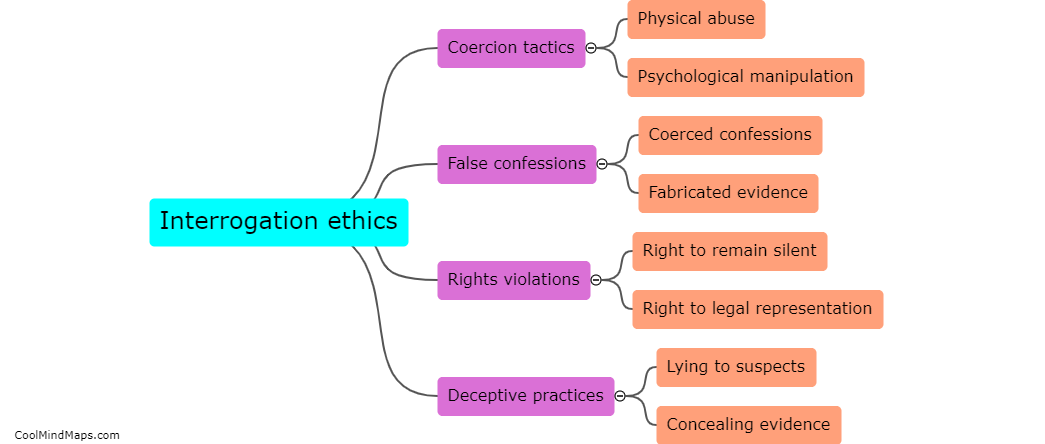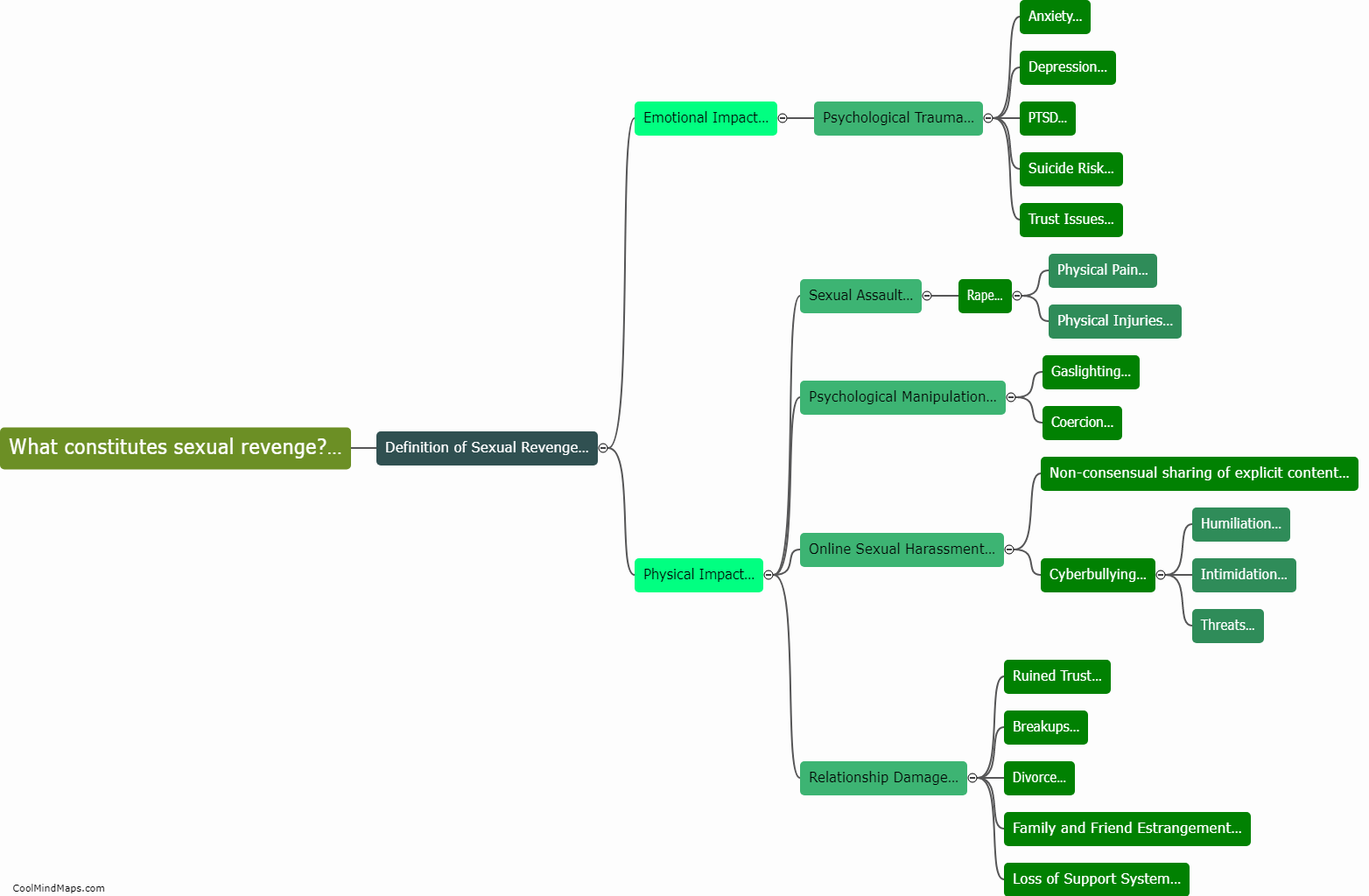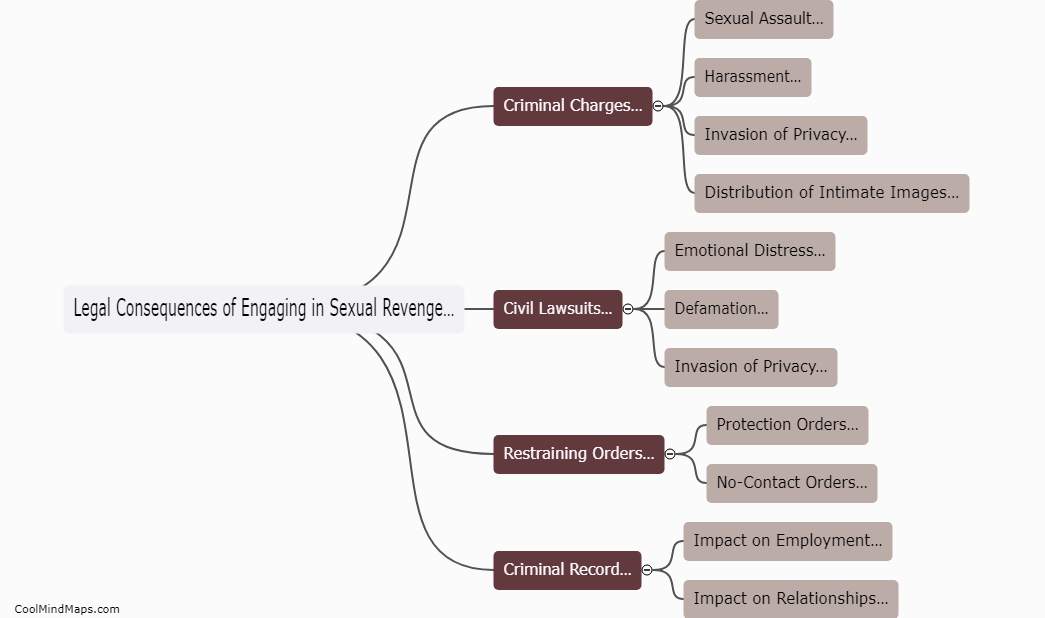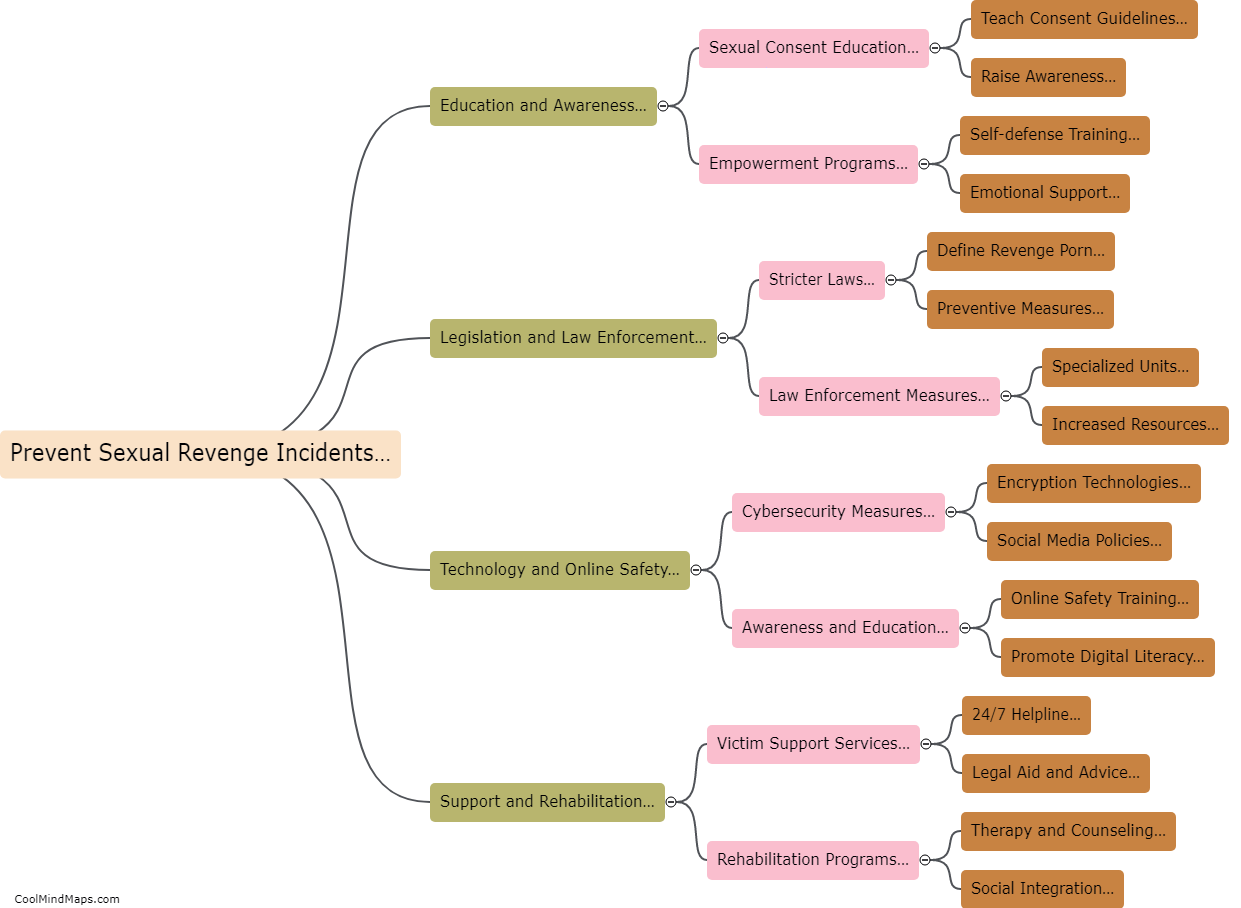Challenges and limitations of interrogating terrorist suspects.
Interrogating terrorist suspects poses several challenges and limitations due to various factors. Firstly, language and cultural barriers can hinder effective communication, potentially leading to misunderstandings or misinterpretations. Additionally, the intense and high-stress nature of terrorist acts can make suspects resistant to providing accurate information or even actively deceiving interrogators. Furthermore, legal and ethical constraints often limit the techniques and methods that can be used during the interrogation process. Balancing the need for intelligence gathering with the protection of human rights and the risk of extracting false confessions can be a complex task. Lastly, the time-sensitive nature of counterterrorism operations can further limit the duration and availability of interrogations, requiring efficient strategies to maximize the information obtained from suspects within a limited timeframe. Overall, interrogating terrorist suspects is a challenging process that necessitates a delicate balance between intelligence gathering and respecting legal and ethical boundaries.
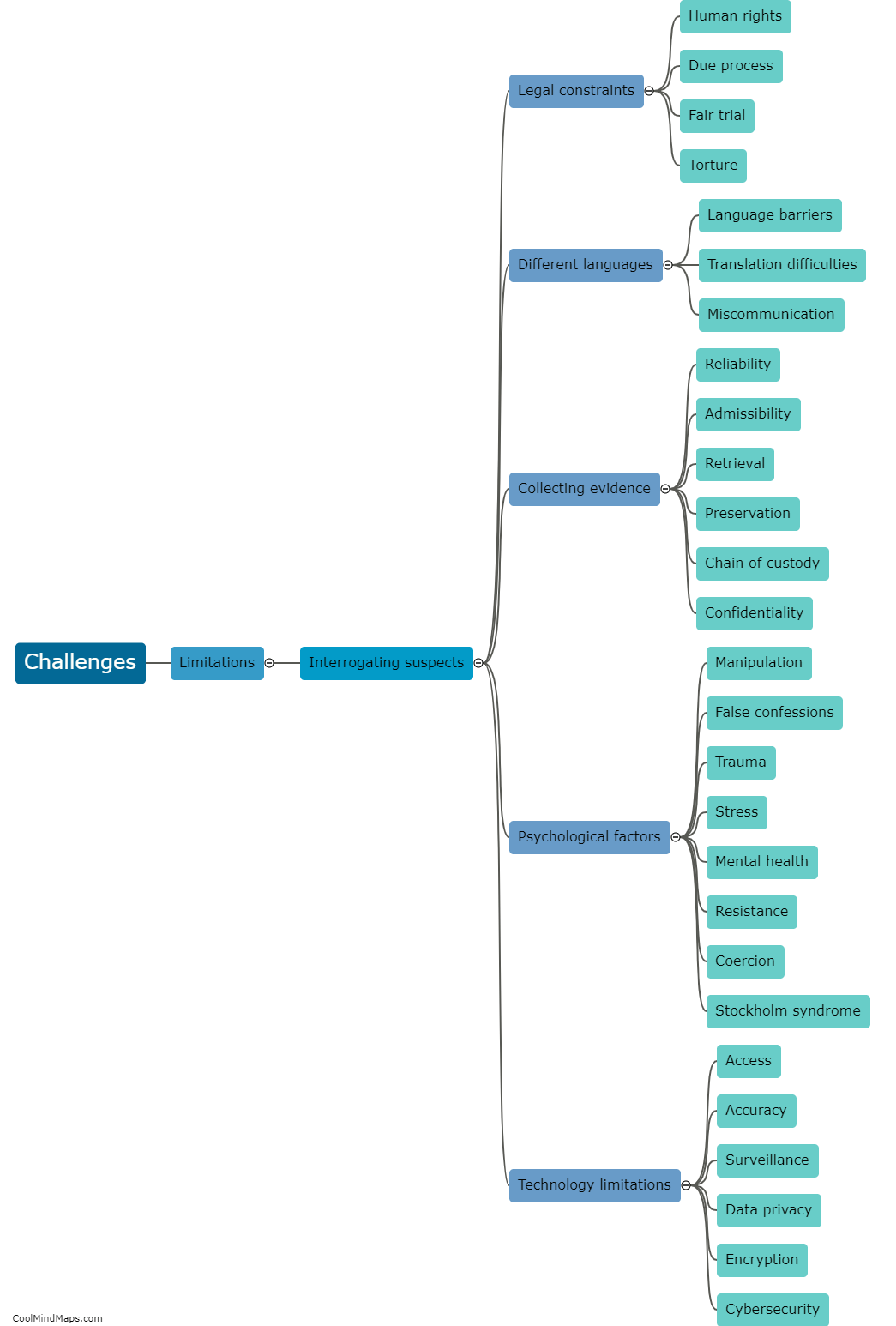
This mind map was published on 4 December 2023 and has been viewed 96 times.




